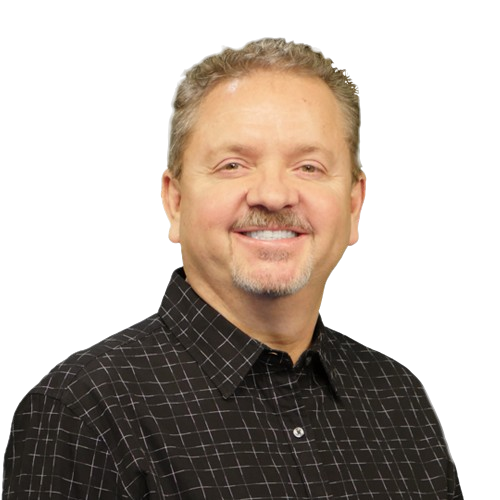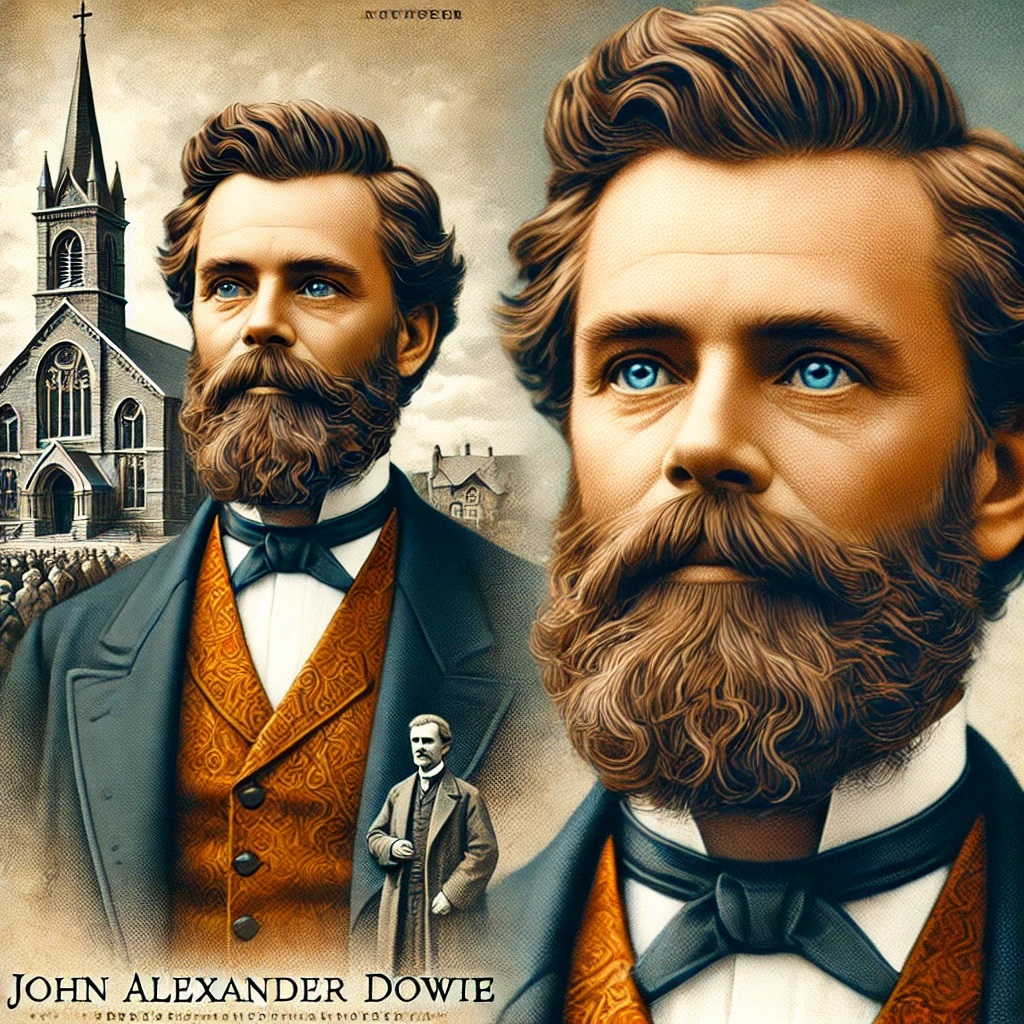John Alexander Dowie (1847-1907) is regarded as one of the most influential figures in the history of Christian healing ministries. His life, filled with miraculous healing, visionary leadership, and later controversy, laid the foundation for modern Pentecostal and Charismatic movements. This article offers an in-depth look at Dowie’s life, the impact of his healing ministry, his establishment of Zion City, and his enduring legacy.
Early Life and Divine Calling
Born in Scotland, Dowie emigrated to Australia with his family as a young man. It was here, while serving as a Congregational minister, that he began to have divine revelations concerning physical healing and spiritual warfare. Dowie believed that sickness was a manifestation of sin and the influence of Satan, and that faith in God could bring about divine healing. This conviction would shape the rest of his life and ministry.
Dowie’s Approach to Healing Ministry: Faith Through Teaching
One of the distinctive features of John Alexander Dowie’s ministry, as highlighted by Robert Liardon in his book God’s Generals, was his emphasis on teaching the Word of God before conducting healing services. Dowie would spend significant time—sometimes up to a week or more—teaching biblical principles related to healing. He believed that faith came by hearing and that people needed to understand God’s promises before receiving physical healing.
This teaching-centered approach set Dowie apart from other faith healers of his time. He stressed that healing was not just a miracle to be expected but something grounded in understanding God’s will through the Scriptures. By strengthening the faith of his congregation, he created an environment where many miraculous healings occurred.
Miraculous Healings and Records
Dowie’s ministry became widely known for the numerous documented cases of divine healing. From paralysis to blindness and terminal illnesses, thousands of individuals were reportedly healed under his ministry. According to Liardon, Dowie kept meticulous records of each healing, underscoring the legitimacy and accountability of his healing services.
His healing ministry attracted massive crowds, especially during the 1890s. One of his most famous events was the healing meetings he held outside the Chicago World’s Fair in 1893, where large crowds gathered to witness miraculous recoveries. The testimonies of people healed were powerful evidence of Dowie’s divine calling. Many left behind crutches, braces, and other medical aids as proof of their healing, contributing to Dowie’s widespread fame.
Impact on Pentecostal and Charismatic Movements
John Alexander Dowie’s healing ministry not only impacted those who received physical healing but also played a significant role in shaping future revival movements. Many of those who attended Dowie’s meetings or were influenced by his teachings later became leaders in key movements, such as the Azusa Street Revival, which ignited the global Pentecostal movement.
Liardon emphasizes that Dowie’s teachings on divine healing laid the foundation for the emergence of Pentecostalism and Charismatic Christianity. His belief in the power of faith and prayer in healing the sick inspired generations of preachers and believers who followed in his footsteps.
Zion City: The Vision of a Theocratic Utopia
In 1901, Dowie founded Zion City, located 40 miles north of Chicago, Illinois. Zion City was envisioned as a theocratic utopia, a faith-based community free from sin, sickness, and secular influences. Dowie’s vision for Zion City was deeply tied to his religious beliefs, especially his teachings on divine healing and Christian restorationism.
Key Features of Zion City
- Theocratic Leadership: Dowie positioned himself as both the religious and civil leader of Zion City, enforcing governance based on biblical principles. He rejected modern medicine, advocating that only prayer and faith in God were legitimate means of healing.
- Strict Moral Code: Zion City had a strict moral code, prohibiting smoking, drinking, the consumption of pork, and even traditional medical treatments. Dowie saw these practices as sinful and detrimental to living a godly life.
- Economic System: Dowie owned all the land in Zion City, and residents could only lease property. This allowed him to maintain control over the community’s economic and religious life. Zion City had its own businesses, a bank, healing homes, and a central Tabernacle for worship.
- Religious Focus: The city was rooted in religious life, with healing services and other spiritual practices central to its identity.
Challenges and Decline of Zion City
While Zion City was initially successful, it faced serious challenges, largely due to Dowie’s financial mismanagement and authoritarian leadership. Dowie’s extravagant lifestyle and lack of financial oversight strained the city’s resources. Zion Bank, which managed the city’s finances, eventually became insolvent, causing many residents to lose their life savings.
Dowie’s increasing authoritarianism, particularly his claim to be the biblical prophet Elijah, alienated many of his followers. This self-declaration damaged his credibility and caused division within the community. In 1905, Dowie suffered a stroke, which led to his removal from leadership in Zion City. By the time of his death in 1907, the city had fallen into financial ruin.
Dowie’s Legacy: A Lasting Impact Despite Controversy
Despite the controversies that marked Dowie’s later years, his influence on the healing revival movement cannot be overstated. His focus on divine healing as a central part of Christian faith, along with his methodical teaching approach, inspired future generations of faith healers and evangelists. Robert Liardon, in God’s Generals, presents Dowie as a complex figure—a man of great faith and healing power but also one whose flaws ultimately led to his downfall.
Dowie’s legacy lives on, particularly through the movements that followed him. Many leaders in the Pentecostal and Charismatic movements trace their roots back to Dowie’s ministry and teachings. While his attempt to create a religious utopia in Zion City ended in failure, his pioneering work in faith healing left an indelible mark on Christian history.
Conclusion
John Alexander Dowie remains a significant figure in Christian history. He was a man who sought to bring divine healing to the forefront of Christian life and ministry, and he succeeded in drawing the attention of thousands to the power of faith. Though his later years were marred by personal and financial challenges, his teachings on healing laid the groundwork for movements that continue to thrive today.
Dowie’s story is one of triumph and tragedy, faith and failure. His contributions to the healing revival movement have left a lasting impact, and his life serves as both a testament to the power of faith and a cautionary tale of spiritual pride and mismanagement.




